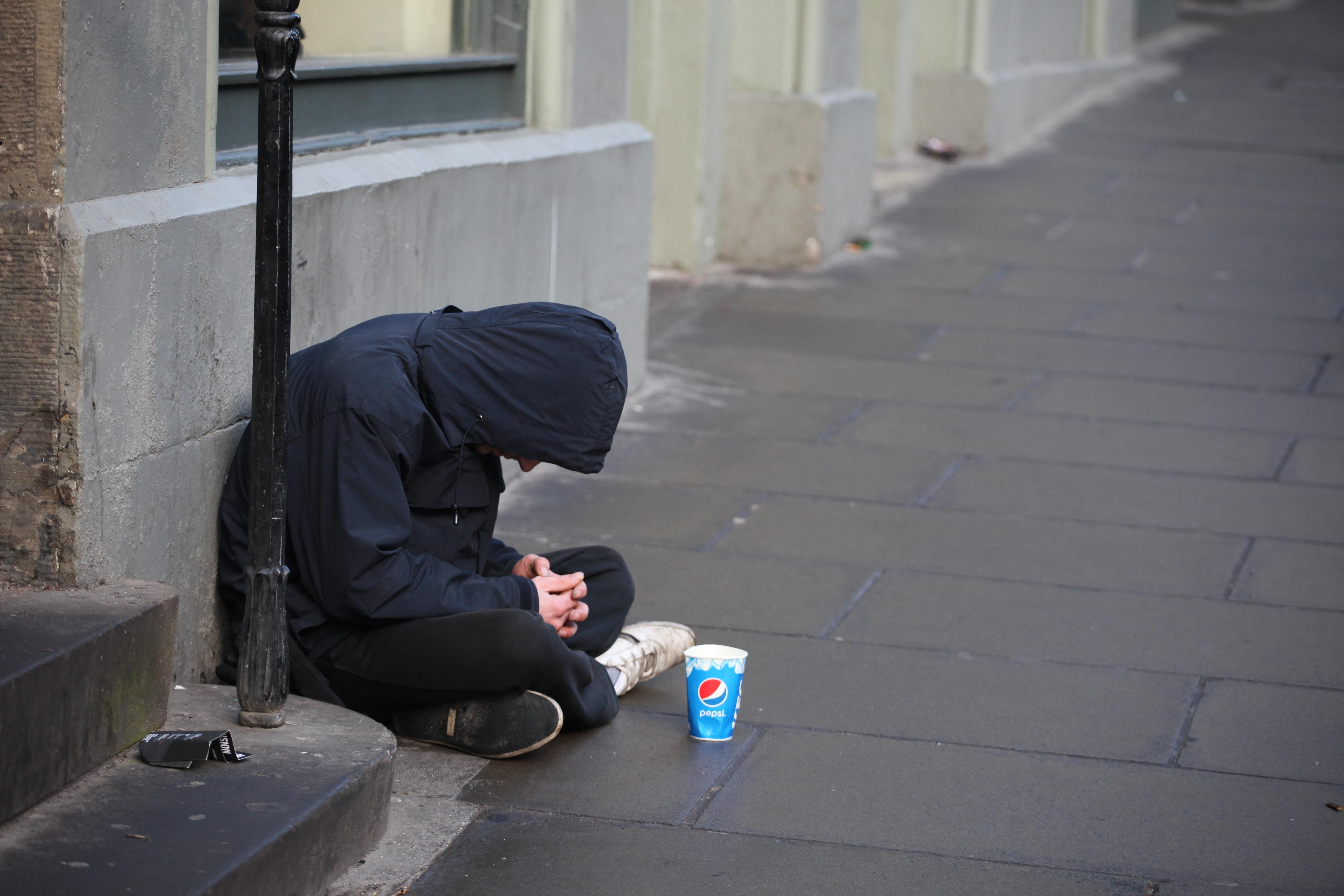Advocates for the homeless say a Providence shelter discriminates against clients based on their sexual orientation. This, and other complaints, inspired the Rhode Island Homeless Advocacy Project to work with legislators on standards for homeless shelters in Rhode Island.
The bill, sponsored by Sen. Betty Crowley of Central Falls, will be heard by a Senate subcommittee today after the full Senate commences. A House version is sponsored by a wide range of Democrats, from Rep. Aaron Regunberg, a rookie and one of the more progressive legislators, to Doc Corvese, a veteran Democrat but also one of the most conservative members of the General Assembly.
The idea for the legislation was conceived in large part by the Rhode Island Homeless Advocacy Project (RIHAP), headed by Barbara Kalil, Bill Chamberlain, and John Freitas.

“What we’re trying to accomplish is to set standards for anyone who is trying to shelter the homeless,” Freitas said. “As an advocacy group, we have to deal time and time again with people who have been denied shelter for arbitrary reasons.”
Among those reasons, they said, were girls wearing too much makeup, an unwed pregnant woman and sexual orientation.
The bill was inspired, in part, by the conditions at the Safe Haven shelter in Pawtucket, which was run by the Urban League and forced to close during the summer of 2014.
But RIHAP has also received many complaints about the Providence Rescue Mission at 627 Cranston Street. Freitas said he has seen a number of these violations themselves – including forcing residents to attend a church service which talks about the evils of homosexuality.
“I was talking to a gay resident while I was staying there, and the staff questioned my manhood,” he said. “When we were in line to shower, they separated us. I don’t deny anybody the right to their beliefs, but I don’t think shelters should be dependent on me falling in line with those beliefs. Shelters should be just that, a sanctuary.”
RIHAP also received reports that gay individuals have been discouraged from going there. And when they are do, said RIHAP members, they are purposefully made to feel uncomfortable, and are identified as gay to both the staff and residents.
They have been told the staff believes it is their religious right to turn people away because it is not publicly funded.
“They don’t answer to anybody, so they can get away with it,” Chamberlain said.
Jim Ryczek, executive director for the Rhode Island Coalition for the Homeless, said that although they have received the same complaints, the Rescue Mission has not broken the law.
“Since they are not a member agency, they are free to operate their program as they see fit, as long as it doesn’t violate state law,” he said.
Sometimes, RIHAP members said, the discrimination is simply personal. “In some cases, it’s just a matter of a staff member doesn’t like you, so you’re gone. And there’s no accountability,” Freitas said.
Chamberlain said when such abuses are brought to the state, the response was that they did not want to withhold funding from the agencies. There were many times, though, when a grievance was brought forward and it did not receive a proper procedure.
“If you were to make out a grievance against a shelter you were staying in, it could potentially go into the circular file,” Kalil said. “Nobody is really watching anybody to make sure it’s getting heard. Not only does it not get heard, but they’re going to make it all nice, and nobody gives any timeline to when things will get fixed.”
Kalil added that they have also heard incidences of a shelter telling a homeless person they are barred, when in fact they are not. “We need to make sure their rights are respected,” she said.
The bill says “all homeless persons have the right to homeless shelter services regardless of political or religious beliefs, immigration status, former geographic location of residence, ethno-cultural background, (dis)ability, gender identity, criminal background, and/or sexual orientation.”
The bill also outlines that homeless individuals should not be expected to pay a fee to stay in a shelter and nutritious food should be provided and that shelters should provide residents an atmosphere of dignity, and that staff should accept gender identity as defined by the individual, among others.
These guidelines would be enforced by a committee formed by the Housing Resources Commission (HRC), which would include one homeless or formerly homeless person, as well as one resident or former resident of a domestic violence shelter. The committee would be responsible for several tasks, all of which would address the concerns outlined in the bill, such as resident rights and responsibilities, and organizational standards for the shelter itself. The HRC would be required to enforce and implement any of the approved regulations drafted by the committee.
The bill would also impose baseline standards for homeless shelters in Rhode Island. An External Review Committee would conduct four onsite inspections of all shelters in Rhode Island per year. Only one of these inspections would be scheduled two weeks before their arrival, the other three would remain unannounced. Penalties for violating any of these standards would be monetary; between 2 percent and 10 percent of their average monthly expenses, based on the severity of the infraction, and the agency’s history.
Concerns about the legislation include aversion to new regulations, as well as aversions to potential new costs, Ryczek said.
“The members are rightly bringing up that if there are increased costs, where is that coming from? We will advocate with state and federal governments and say that if we need to do this, you need to provide,” he said.
H5242 will be heard in the Senate Committee on Housing and Municipal Government meeting on Wednesday, April 1, at 4:30 pm. Updates to follow.


